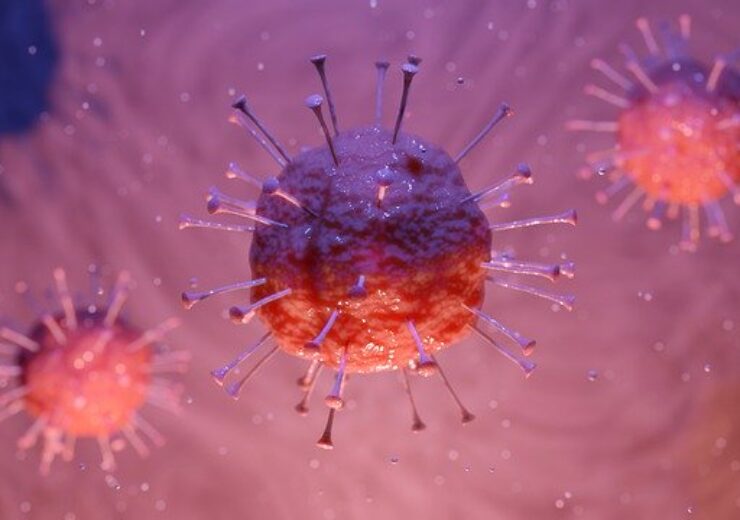The probe-based reverse transcription PCR test will allow to identify SARS-CoV-2 by targeting conserved regions of the viral genome

Vela Diagnostics has secured FDA EUA status for coronavirus PCR test. (Credit: Thor Deichmann/Pixabay)
Vela Diagnostics has secured emergency use authorisation (EUA) from the US Food and Drug Administration (FDA) for the manual version of its coronavirus PCR test.
The probe-based reverse transcription PCR test will help identify SARS-CoV-2 by targeting conserved regions of the viral genome.
The ViroKey SARS-CoV-2 RT-PCR test has been designed for the detection of the novel coronavirus in nasopharyngeal and oropharyngeal swabs.
Vela’s coronavirus PCR test facilitates flexible sample processing
The manual version of the ViroKey SARS-CoV-2 RT-PCR test facilitates flexible sample processing and, as well as rapidly adopt the test by laboratories with existing ABI 7500 Fast Dx instruments.
Vela has also developed an automated version of the assay to enhance workflow consisting of the Sentosa SX101 instrument in combination with the Applied Biosystems 7500 Fast Dx Real-Time (ABI 7500 Fast Dx) PCR instrument or the Sentosa SA201 instrument.
The ViroKey SARS-CoV-2 RT-PCR Test has also CE mark and provisional approval from the Singapore Health Sciences Authority, in addition to EUA status from the FDA.
Vela Diagnostics interim CEO and board chairman Sam Dajani said: “RT-PCR is currently the gold standard for diagnosing SARS-CoV-2 infections. Given the escalating number of COVID-19 cases in the U.S., Vela Diagnostics is helping Americans get tested so as to detect and slow the spread of the virus.
“Our coronavirus test will assist healthcare professionals in managing the COVID-19 pandemic.”
Vela Diagnostics offers integrated IVD system solutions ranging from sample to result. The company’s test solutions use the automated Sentosa platform to deliver better results.
In November 2019, Vela Diagnostics secured FDA authorisation to market its Sentosa SQ HIV-1 Genotyping Assay for the detection of HIV-1 genomic drug resistance mutations (DRMs).
